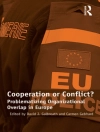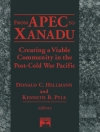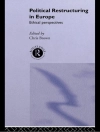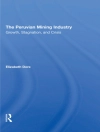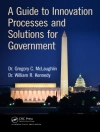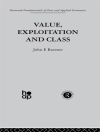Matthew J. Hoffmann explores the fundamental question of who should participate in the global response to ozone depletion and climate change. Blending social constructivist theory with insights from the study of complex adaptive systems, Hoffmann develops a unique framework for understanding the emergence and evolution of participation norms, which define the appropriate global response and shape how states have perceived the problems, defined their interests and strategies, and pursued governance. The explanation is rigorously developed through an innovative combination of formal analysis and in-depth empirical case studies. Agent-based computer simulation modeling is employed to explore essential norm dynamics, analysis that is complemented and extended by process-tracing case studies that examine governance activities from 1986 through 2003. The result provides the understanding necessary for improving global responses to environmental problems.
表中的内容
List of Illustrations
Preface and Acknowledgments
List of Abbreviations
List of Interviewees
1. Participation Matters: Governing Ozone Depletion and Climate Change
2. Alternative Stories: Explaining the Rise and Evolution of Universal Participation
3. The Verbal Model: Adaptation and the Norm Life Cycle
4. Modeling the Norm Life Cycle
5. Ozone Depletion: The Emergence of Universal Participation
6. The Governance of Climate Change I: Universal Participation and the Framework Convention on Climate Change
7. A New Global Response? The Evolution of Universal Participation and the Governance of Climate Change
8. The Complexity of Constructing a Global Response
Notes
Works Cited
Index
SUNY series in Global Politics
关于作者
Matthew J. Hoffmann is Assistant Professor of International Relations at the University of Delaware.


